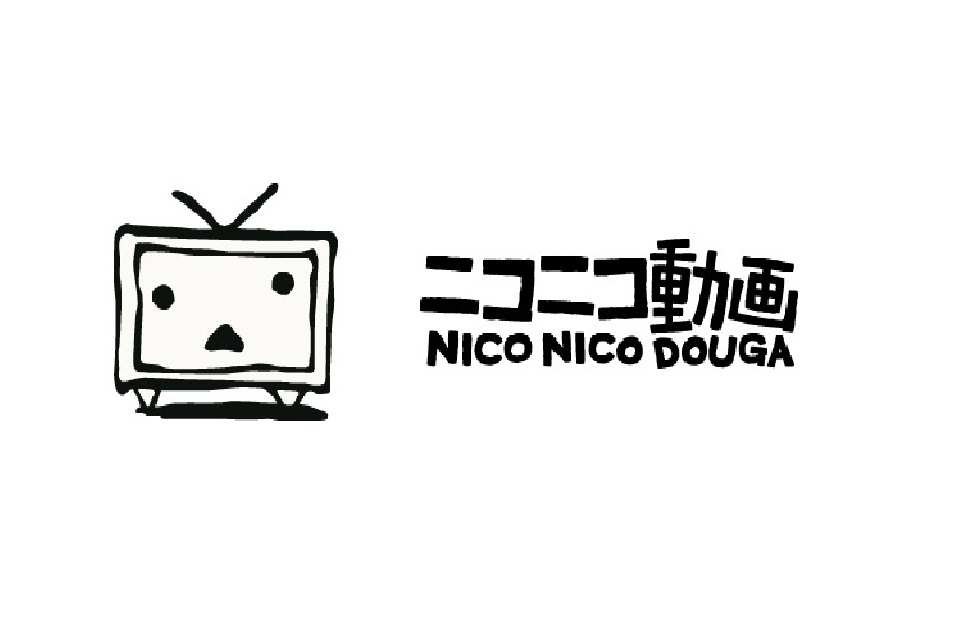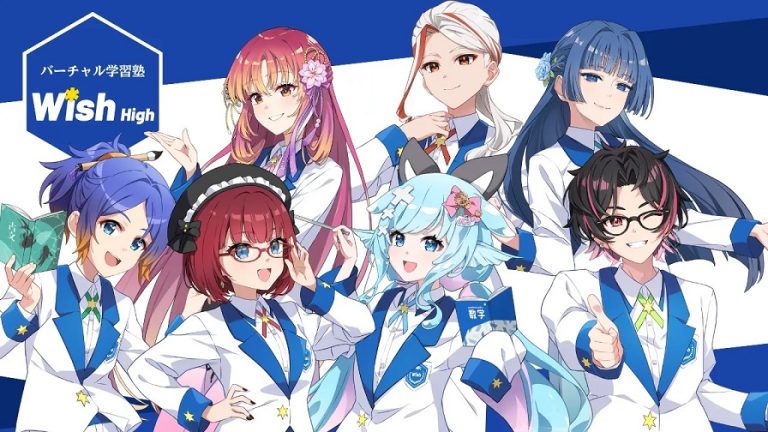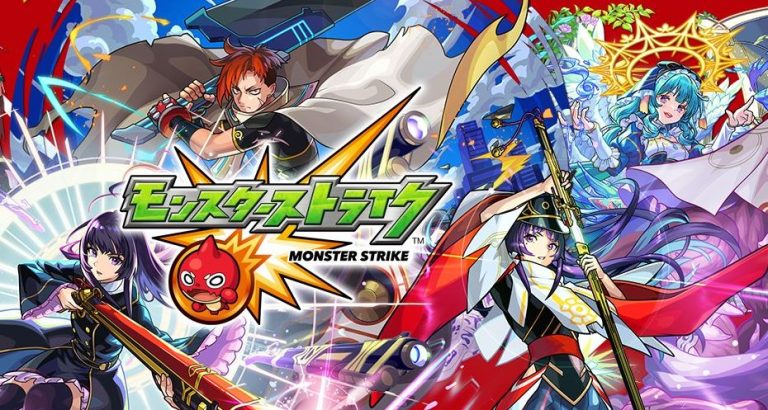Niconico representative Shigetaka Kurita recently addressed a discussion about whether Niconico, one of Japan’s major video hosting platforms, could have surpassed YouTube if it had been quicker to introduce monetization. The discussion was prompted by Kurita’s comment reminiscing upon a piece of viral content from Niconico’s golden era back in 2008 (Source yutura).
Giant Apollo Recipe ⇒https://choco-recipe.jp/milk/recipe/326.html
With this year’s Valentine’s Day, the major confectionery company Meiji released a recipe for an enormous Apollo (famous Japanese spacecraft-shaped chocolate). Upon seeing this, Kurita replied, “16 years before Meiji officially released this giant Apollo recipe, there was a man who had already made one!!! His name is Baken…” He referenced a classic Niconico video where a man wearing a horse mask (Baken) used about 2720 Apollo pieces to create an incredibly large Apollo.
This video was posted on Niconico in 2008, and Baken (with 160,000 subscribers) became popular for his videos, where he mixed various drinks to create a mysterious beverage called “High Potion.” In 2019, he debuted on YouTube as the beautiful VTuber “BakenVT.” For those unfamiliar, Niconico is a Japanese video-sharing platform known for its unique feature that allows users to post comments that overlay directly on top of video playback, creating a dynamic and interactive viewing experience.
In response to Kurita’s throwback to the old video, a user questioned whether Niconico could have surpassed YouTube as a platform if it had introduced monetization back the. This sparked a debate among users.
Kurita compiled his thoughts on this discussion into a blog, where he writes, “If we go back to 2008, although an anti-profit sentiment was certainly present, the monetization system wouldn’t have been viable anyway, because too few videos could meet the monetization criteria…The unique sense of unity on the site and in popular videos at the time was partly due to a lower awareness of copyright. If monetization had been introduced around 2008, the administration would have been heavily criticized as destroyers of Niconico culture.”
Later, the “Creator Encouragement Program” that allowed for the monetization of videos on Niconico was introduced in 2011, and the monetization of Niconico ads and live broadcast gifts, as Kurita pointed out, began in 2018.
Others have agreed with Kurita’s assessment, commenting:
The rise of Virtual YouTubers from 2018, reactions to Pop Team Epic and Kemono Friends 2, and perhaps the nail in the coffin being the implementation of custom rankings in the summer of 2019.
These events shifted the internet over the course of two years from something we all enjoyed together to something consumed individually, moving us into an era where pushing individual preferences became the norm.





